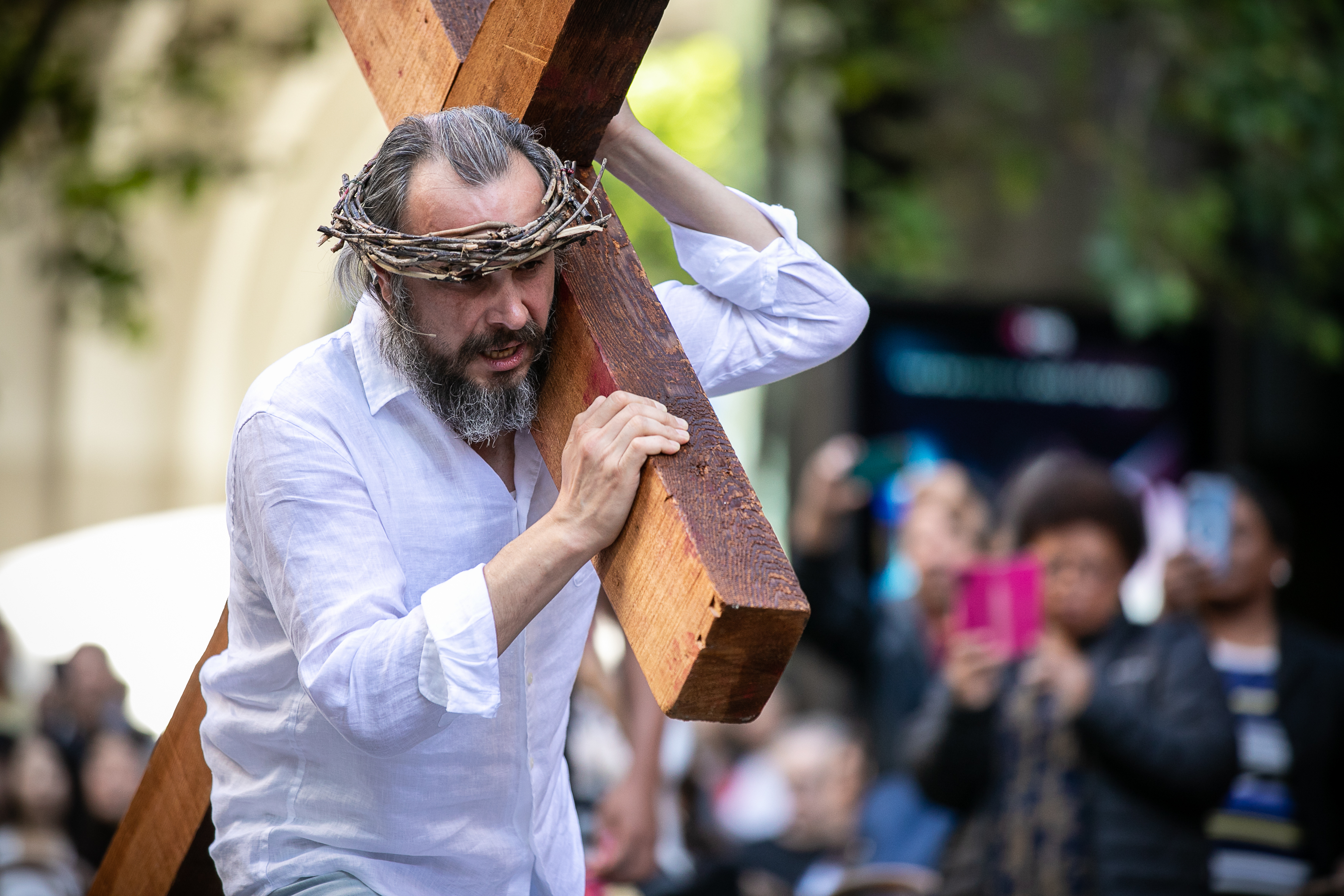I have a confession. Please don’t judge me, but I am a country and western music fan. Not obsessively so, but enough that Sue and I have enjoyed concerts performed by Dolly Parton (legend), the Chicks (fantastic) and Kasey Chambers (sublime), amongst others. My tastes are more in the ‘roots’ and ‘Americana’ sub-genres (I am trying to rescue my reputational image here) – but, hey, it’s still ‘country’. I even love banjos!
One of the things I enjoy about (good) country music is its raw lyrical honesty. Country music can easily be parodied, as singers mournfully lament the girl they lost, the dog that died, the horse that broke down – and so on. Like its close cousin, the Blues, Country music can give voice to broken hearts and broken dreams, to sorrow and pain – to the low points and valleys we all experience at some point through the twisting journey of life. At its best, country music is raw and real.
One of the many things I love about the Bible is the raw and real ways it documents the human experience. No more is this the case than in the Psalms – the Bible’s song book. Together with upbeat, mountain-top songs of praise and thanksgiving directed to God, the Psalms also include valley-deep songs of anguish and pain, also directed to the same God. These are the Psalms of Lament, prayers soaked in pain.
King David is the Psalms chief lyricist. He knew the power in pouring out his complaint to God:
My God, my God, why have you forsaken me?
Why are you so far from saving me, from the words of my groaning?
O my God, I cry by day, but you do not answer,
and by night, but I find no rest.
(Psalms 22:1-2)
So powerful were David’s words, so raw and real, generations later his descendent, Jesus, would cry these same words out from the Cross as, in acute pain and experiencing dereliction, he drew near his agonizing death.
At first glance psalms of lament seem like faithless prayers. Who are we to complain to God? I have learned they are anything but. Prayers of lament are prayers born often of desperation – prayers of surrender. When we bring our pain and sorrow, our confusion and anxiety to God in uncensored prayer, we are choosing to trust God with real and deep vulnerability. In surrendering our anguish to God, ultimately prayers of lament are prayers of worship.
In my journal, where my prayer life finds its voice, I will regularly bring my lament to God. As I bring my pain and confusion to God, inevitably I will experience some form of release, a lifting of a burden. Sometimes straight away, sometimes over time.
I have learned that healing and restoration can be experienced through prayers of lament. Above all, I have learned that God can be trusted – absolutely trusted – with my uncensored, messy and muddled prayers, with my valleys as well as my mountain tops. I have learned that God is good, all the time. And in Jesus, a man of sorrows and acquainted with grief, I have discovered a friend who knows, and can transform my pain.
Friends, whichever bend in life’s journey you are travelling right now, know there is a God who loves you, who cares for you and who will always hear and respond to your prayers.
Every blessing,

CEO and Superintendent, Wesley Mission


